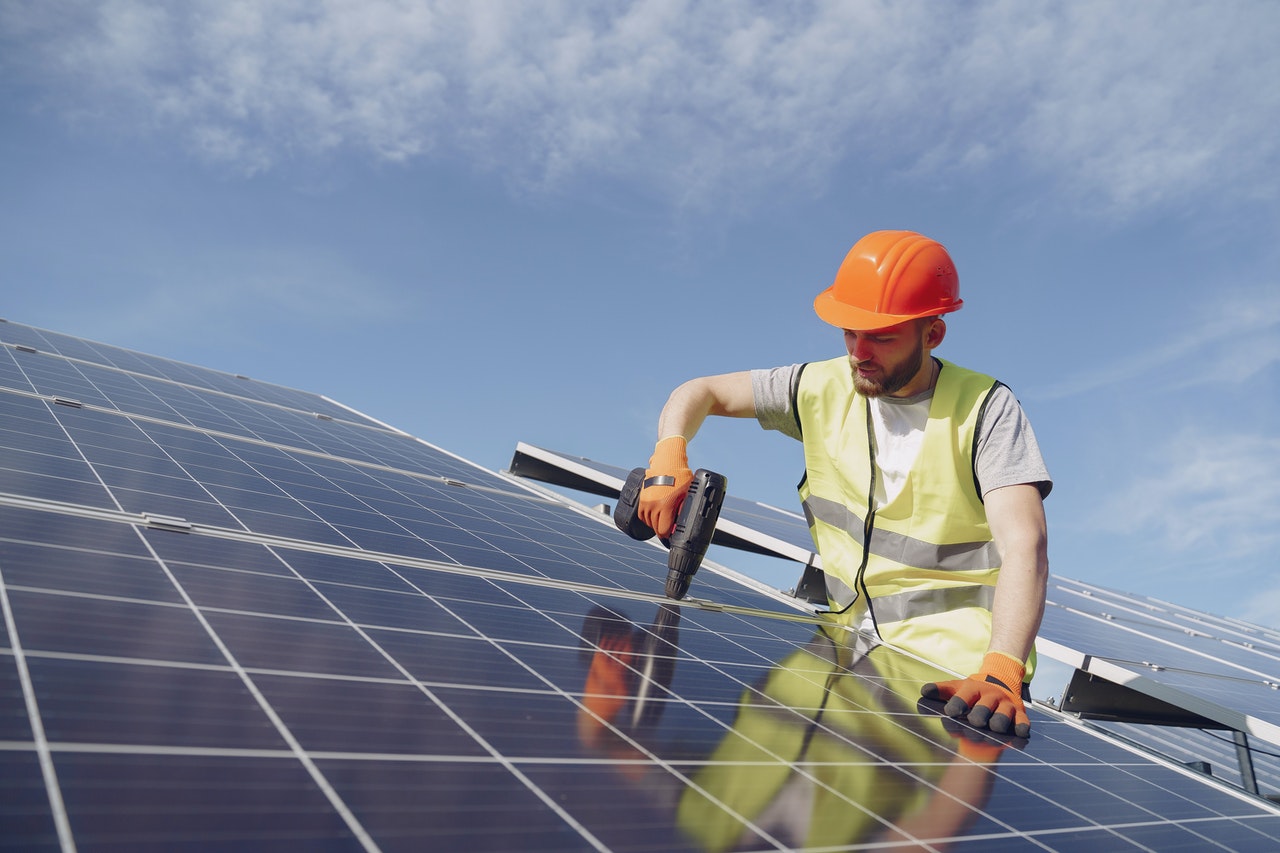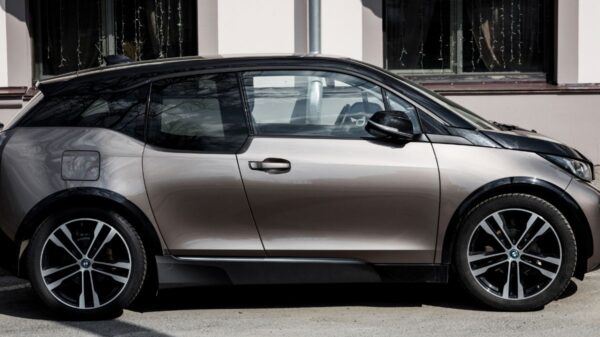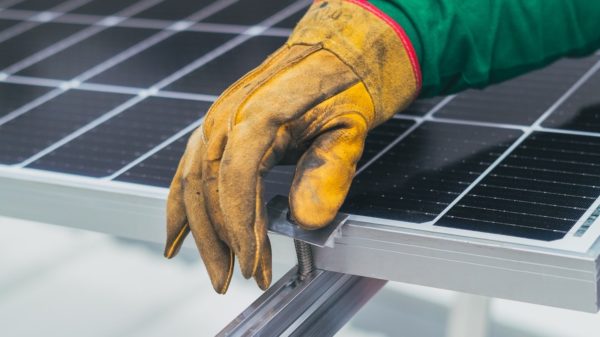After receiving our bill from Octopus in October 2019 that our Direct Debit was to be increased to £189 a month we realised how much electricity we were using! We had always been very happy with Octopus and thought them a good supplier. We looked at our bills and noted our electricity usage. In December 2019 our electricity usage was 34kWh a day. This was obviously excessive for a 3 bedroom house and it made us start to look at ways in which we could reduce our bills.
We decided to tackle our electricity usage in a number of ways. We were going to –
- Install solar panels
- Reduce our usage
- Improve our home energy efficiency
Solar panels were an expensive outlay, over £10,000 with a battery, but we estimated that it should pay for itself within 5 years (based on a cost of electricity of 20p/kWh). Obviously solar panels are more effective in the summer and we calculated that they would produce enough electricity for the total comsumption of our house for about 7 months of the year and then make a contribution to our usage throughout the winter. (For example, on the 22nd February 2022 they generated 7kWh which was 65% of daily electrical usage.)
In September 2020 we had 16 solar panels installed and a 5.8kWh battery. We really wanted a larger battery but the installers assured us that a 5.8kWh battery would be big enough. We were also persuaded to change our energy supplier and move to Social Energy. We were told that the advantage of being with Social Energy was that we could buy additional electricity from other Social Energy users at cost (c.6p/kWh) and our extra generated electricity would be sold to the Grid at profit. They were also going to use our battery to trade electricity to make us additional income. This may have worked if we had a second generation smart meter but we didn’t. So this system did not work for us.
We now use the 5.8kWh solar battery to store electricity generated during the day to power our house in the evenings. The battery is big enough in the high summer months to see us through the night, but we would have benefitted from a larger storage battery during the March-April and September-October periods and have to admit that the advice we received about switching suppliers and choosing a smaller battery was bad advice!
By December 2020 our daily electricity consumption was reduced to 17kWh per day, this was roughly a 50% reduction in our electricity consumption, mainly due to the solar panels. By December 2021 our consumption was reduced further to 13kWh per day, which included charging 2 electric cars. We estimate that the average saving per year made currently is around £2,800. As the price of electricity goes up, the savings will increase and the payback time of our solar panels will decrease.
It should be noted that the reduction in our energy usage was not entirely due to the solar panels, we did have an excellent App that came with the solar panel installation which showed us our usage minute by minute and recorded how many kWh we were producing and using each day, each week and each month. This helped us change our behaviour and use energy more efficiently.
In conclusion:
Are solar panels good investment?
YES! The solar panels are giving us a return of about 20+% on the capital investment, much better than many investments or ISA’s. They are also reducing our carbon footprint.
Would we use the same company or recommend the company who supplied our solar panels?
NO! Although we are happy with the solar panels, the battery they installed and the energy trading system didn’t work for us. Their Customer Service has been very slow to respond to our concerns. There are good installers out there. Check Trust Pilot and other review websites before committing to any comapny.


















